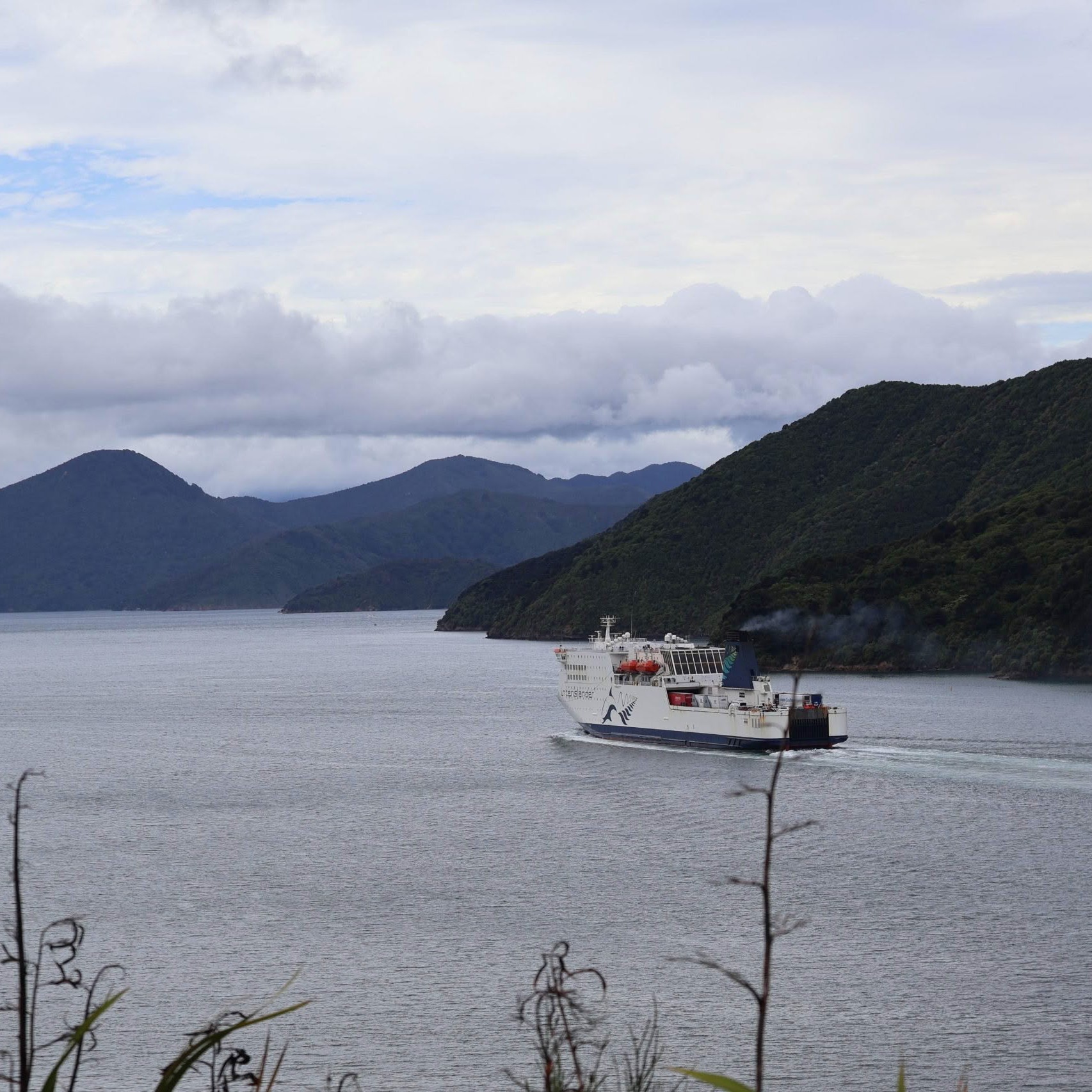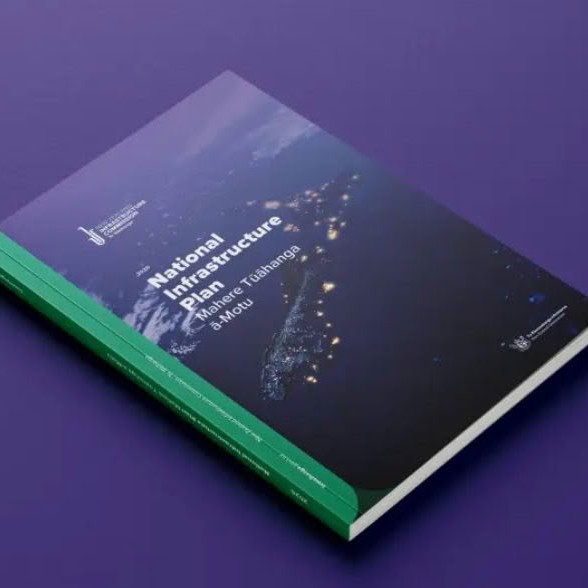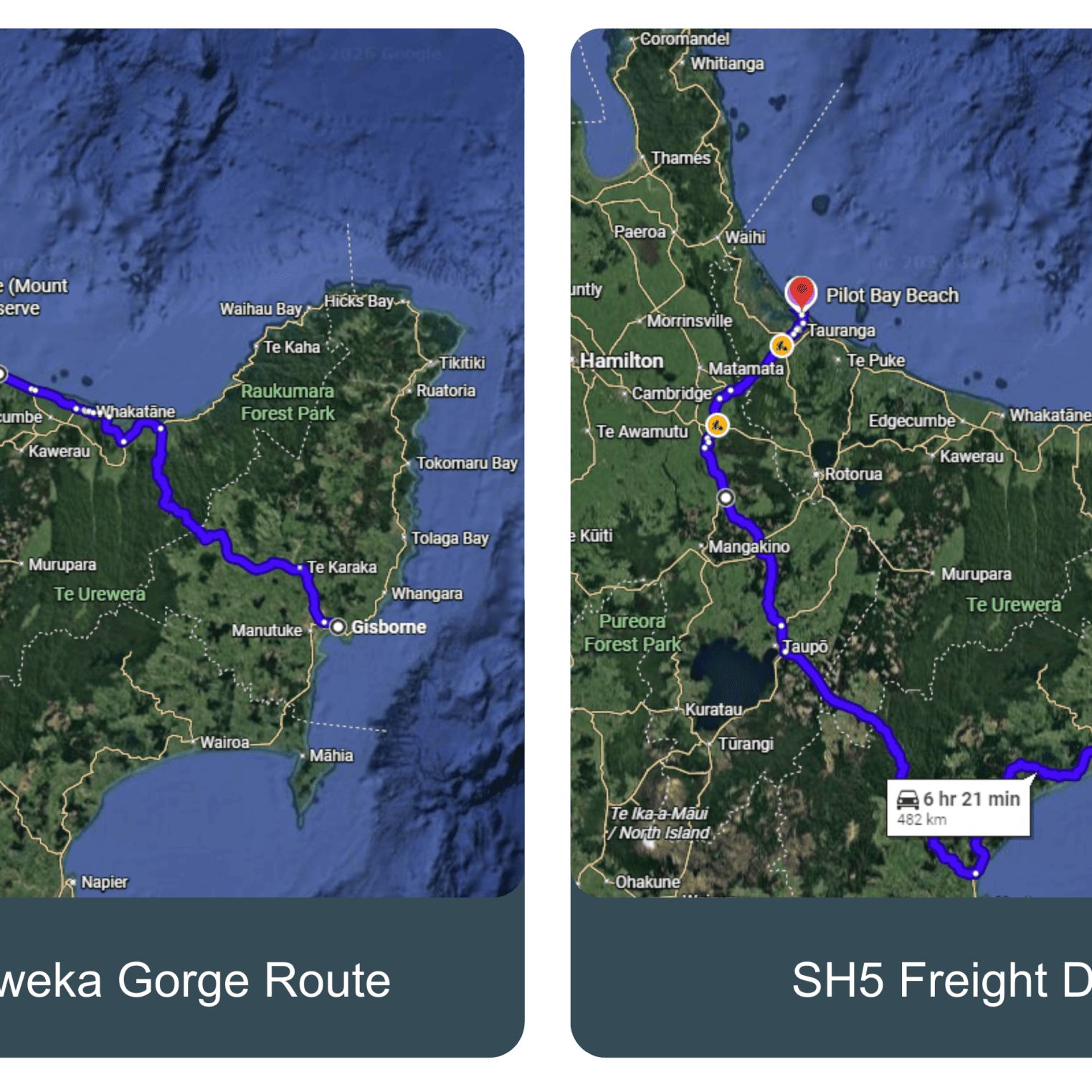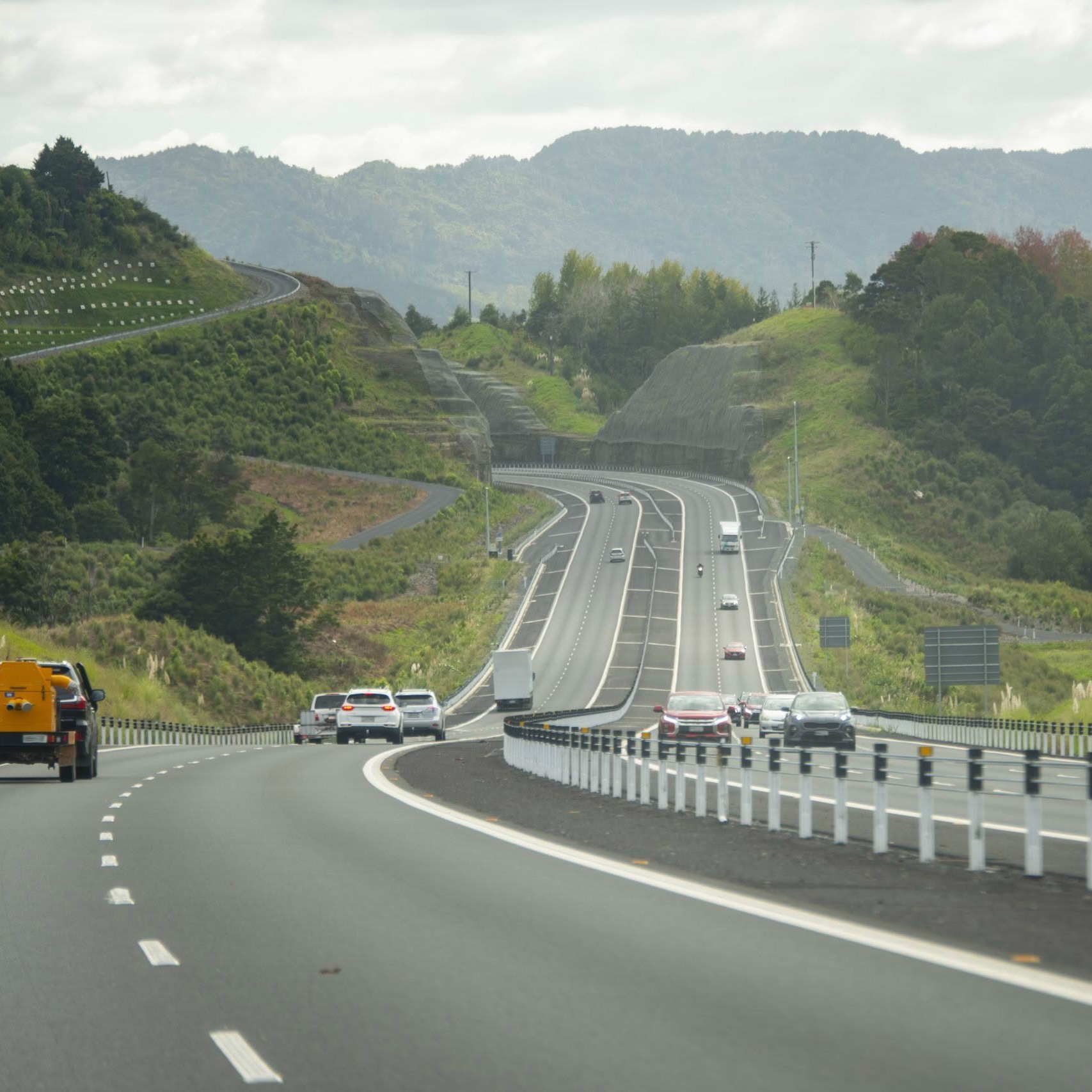
Change is coming to the road transport sector, and it will have a big impact on both business and the New Zealand economy in the coming decade. That was the clear message for delegates at The Road Ahead conference, organised by Transporting New Zealand.
Over 250 representatives of the road transport industry from around the country have gathered at the Ascot Park Hotel in Invercargill for the two-day event.
Keynote speaker, acclaimed digital technology pioneer Sir Ian Taylor, told the conference that societies cannot go backwards, although it is still important to learn from the past. Taylor quoted a Māori proverb, “The footprints we lay down today create the path for tomorrow.”
He also quoted his own business’s mission statement: “Bugger the boxing, pour the concrete anyway,” describing the importance of innovation. Taylor said when the Covid pandemic hit in 2020, it massively affected his digital business, but his company turned it into an opportunity to pioneer visual simulation technology for world sporting events, including motor racing, golf, and baseball, while based in Dunedin.
Taylor also affirmed the importance of respecting the environment. “We are all connected, plants, people, and animals.”
Taylor’s message about change was echoed by other speakers, including Dave Ffowcs Williams, head of supply chain for Datacom, who spoke on sharing information systems, data customer profiling, and security; and Chris Claridge, chief executive of Potatoes New Zealand, who spoke about technology as a disruptor of transport, which he said is already happening at pace in Europe and will also happen worldwide.
Transport Minister Michael Wood beamed in via Zoom to outline the Government’s key priorities. Wood described the “ambitious vision” of Road to Zero to reduce deaths and serious injuries on the roads by 40 per cent by 2050. “Based on international evidence, we can do the right things and save many lives – safer vehicles, safer drivers, safer roads, and safer speeds.”
Wood said the government remains committed to spending money on improving roads, as well as the need for new technologies and taking action on climate change.
National’s transport spokesman Simeon Brown challenged the government and said it needed to keep costs under control. “We have to be realistic, 93 per cent of freight moves by trucks and that isn’t going to change any time soon regardless of how much money the government spends on rail.”
Nicole Rosie, chief executive of Waka Kotahi, also outlined the challenges ahead for New Zealand’s transport system. “We have to look 50 to 100 years ahead. This is complex and requires us to think hard about multiple outcomes, not just for this generation but for generations to come.”





